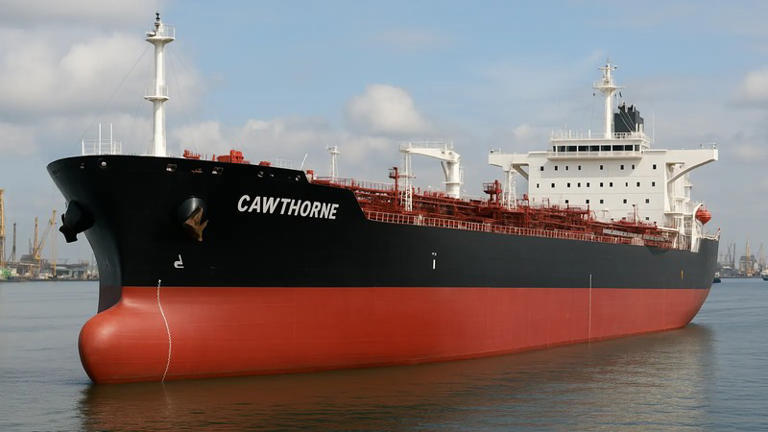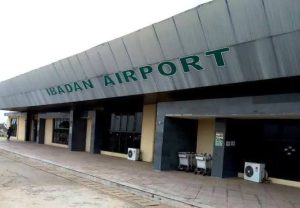
Nigeria has achieved a major milestone in its oil sector with the commissioning of its first fully Nigerian-owned Floating Storage and Offloading (FSO) vessel, named Cawthorne. The project is a collaborative initiative involving Nigeria’s national oil company, NNPC Ltd., which holds a 55% stake in Oil Mining Lease (OML) 18, alongside Sahara Group, Eroton Exploration & Production, and Bilton Energy.
The FSO Cawthorne is a converted Very Large Crude Carrier (VLCC) with a substantial 2.2 million barrel storage capacity. Strategically stationed offshore near the Bonny export terminal in the Niger Delta, the vessel is designed to improve crude oil handling by directly receiving, storing, and offloading crude to export tankers. This arrangement helps overcome the vulnerabilities and logistical constraints of pipeline and barge transport, such as delays caused by siltation and congestion.
Historically, Nigeria’s upstream oil sector has grappled with frequent pipeline vandalism, oil theft, and other security challenges, resulting in losses of tens of thousands of barrels daily. While recent improvements by NNPC have brought pipeline and terminal receipts near 100%, systemic infrastructure vulnerabilities remain.
Serving as an offshore buffer and transfer hub, the FSO Cawthorne enables continued crude production even during pipeline shutdowns or tanker delays. Its advanced design includes a double-hull configuration, cutting-edge mooring and digital control systems that enhance safety, reduce carbon emissions from barge transport, and minimize the risk of spills.
Officials describe the FSO as a national strategic asset that strengthens Nigeria’s command over its oil exports, reduces dependence on foreign-owned terminals, and safeguards more value within the country. This initiative complements recent regulatory measures like real-time cargo tracking and vessel clearances aimed at curbing theft and export under-declarations.
The project carries typical operational risks, including the need for secure mooring and continuous uptime to maintain export flow. Environmental and regulatory compliance also remain priorities to ensure sustainable operations.
Other oil-producing nations in West Africa have successfully leveraged floating production storage and offloading units for offshore fields, especially in challenging or conflict-prone areas. Nigeria’s choice to convert an existing vessel into an FSO offers a cost-efficient and timely solution compared to building new fixed terminals.
Looking ahead, key indicators to watch include OML 18’s progress towards its 2025 production target of 50,000 barrels per day, export volumes through Bonny, and reductions in losses from theft and spills.
The successful deployment of FSO Cawthorne represents a vital step in modernizing Nigeria’s oil infrastructure, boosting revenue reliability, and supporting national energy security. It may also pave the way for further investments in locally owned maritime oil storage assets, underscoring Nigeria’s growing capacity and ambition in the global oil industry.








